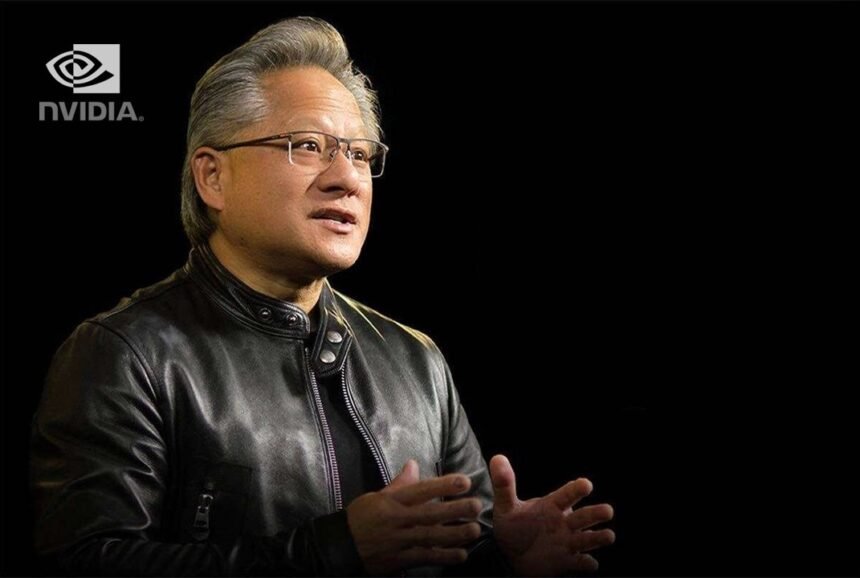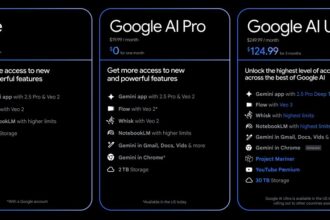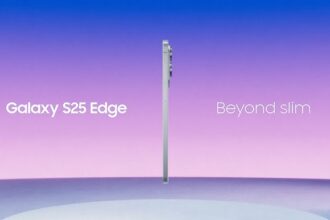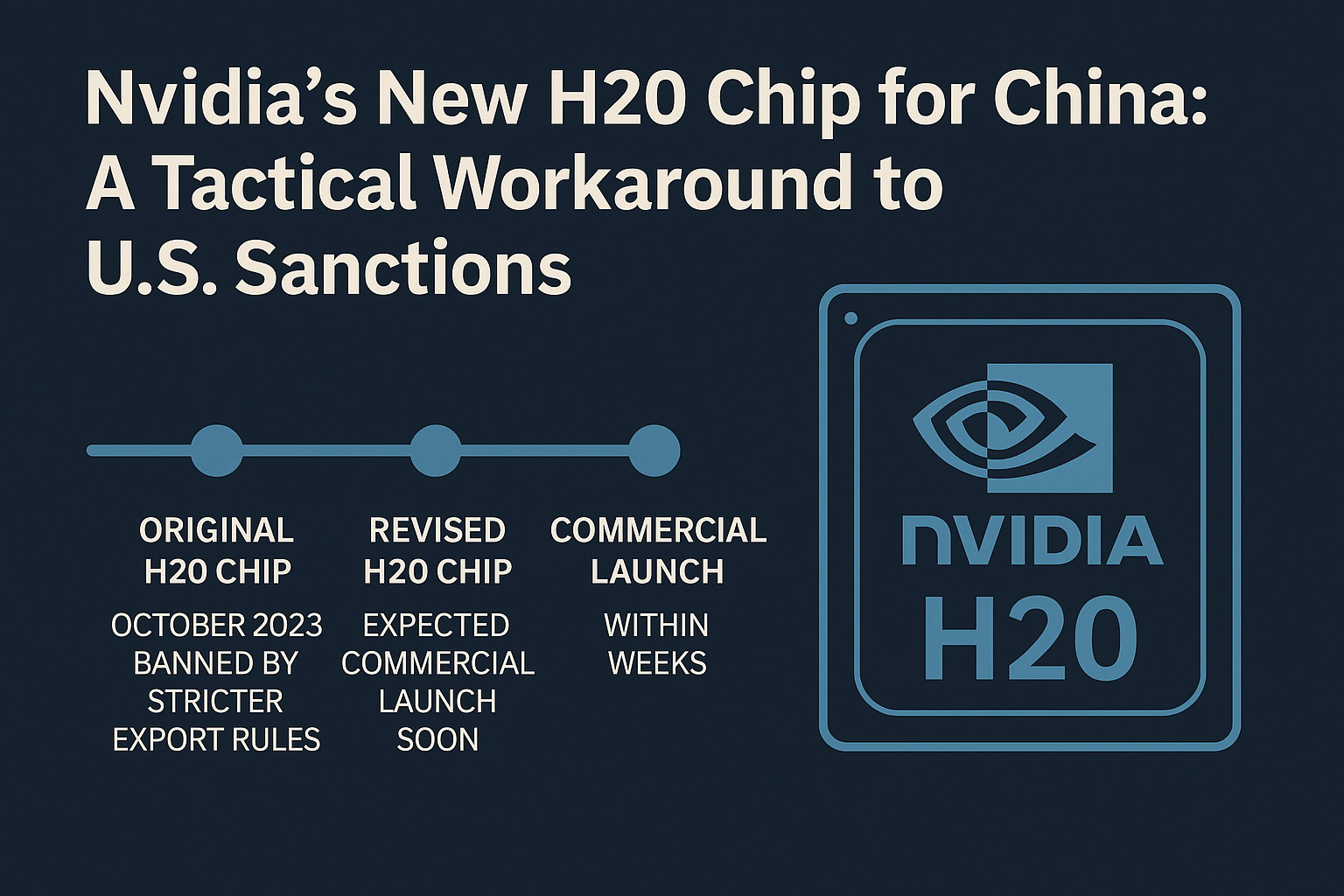Nvidia, at the annual developer conference, unveiled its latest AI chip which is 30 times faster in performance compared to its predecessor. This technological leap solidifies Nvidia’s dominant position in the market, where it already holds an impressive 80% share.
At the company’s annual developer conference, CEO Jensen Huang not only introduced the B200 “Blackwell” chip but also outlined a suite of new software tools aimed at enhancing AI capabilities.
Since its inception in 1993, Nvidia has evolved from a graphics processing chip manufacturer primarily serving the gaming industry to a pioneering force in AI technology. Its strategic investments in machine learning capabilities have positioned it as a leader in the AI industry, despite facing intensified competition from rivals like AMD and Intel.
With a market value surpassing $2 trillion and a staggering 240% surge in share value over the past year, Nvidia stands as the third most valuable company in the US, just behind Microsoft and Apple.
Huang’s humorous remark about the event not being a concert set the stage for an event filled with anticipation. Someone like Bob O’Donnell from Technalysis Research observed people’s reactions and compared the event presentation style to that of Steve Jobs.
Nvidia’s flagship chip is expected to be integrated into the infrastructure of major tech players such as Amazon, Google, Microsoft, and OpenAI, who will utilize it for cloud-computing services and AI applications. Nvidia also introduced microservices, a set of software tools aimed at streamlining AI model integration for businesses and enhancing system efficiency.
Among the other announcements was the unveiling of chips tailored for automotive applications, capable of running chatbots within vehicles. Nvidia secured partnerships with Chinese top electric vehicle manufacturers BYD and Xpeng for the implementation of these advanced chips.
Nvidia also showcased a new series of chips designed specifically for the development of humanoid robots, demonstrating their commitment to pushing the boundaries of AI innovation.
Despite competitive pressures, Nvidia’s expansive market opportunities within the burgeoning AI sector continue to drive growth prospects. As AI-powered technologies permeate various industries, Nvidia remains the top player shaping the future trajectory of business innovation.














